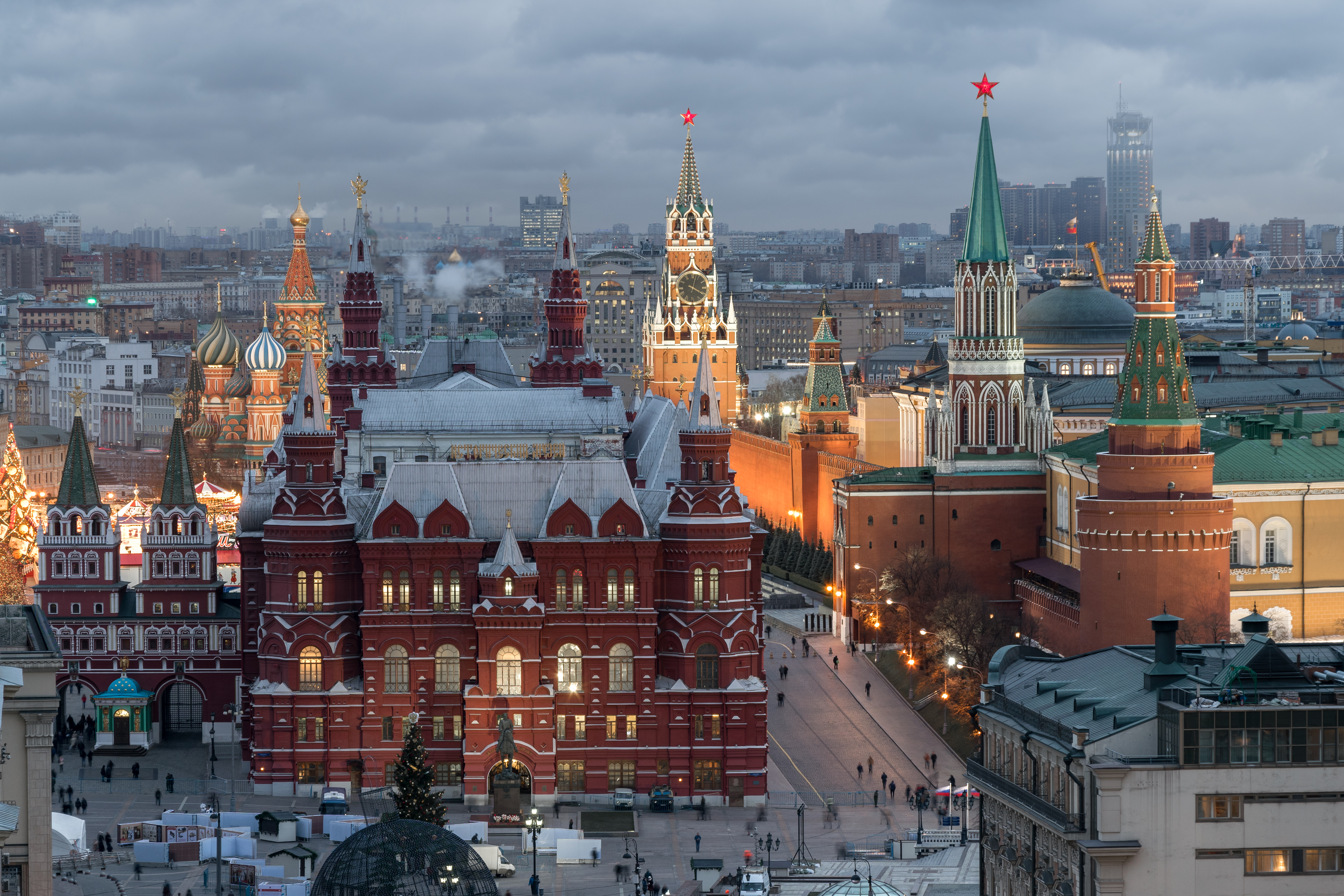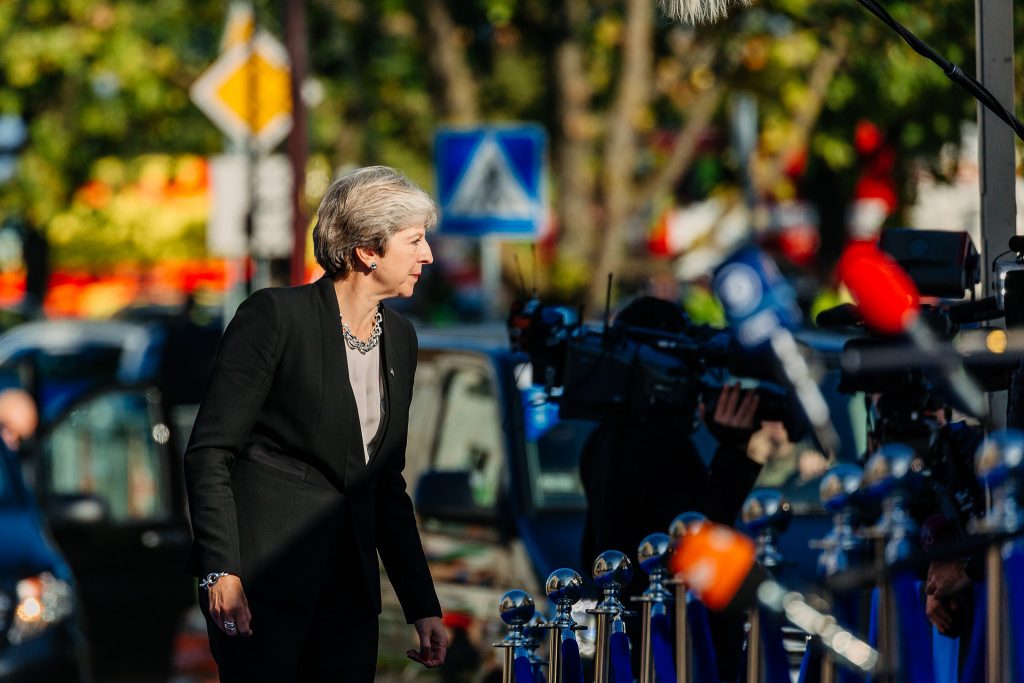In the wake of the poisoning of a former Russian spy and his daughter with ‘military grade’ nerve gas, the government is considering a tough new sanctions regime to target foreign human rights abusers.
Sergei Skripal and his daughter Yulia were found unconscious on a bench on 4 March and remain in a critical condition in hospital. Prime Minister Theresa May said yesterday that it was ‘highly likely’ that Russia was responsible for the attack, and has given Russia until the end of today to respond.
If Russia is indeed responsible, the attack would be an attempted extrajudicial killing.
A State-Imposed Assassination

Red Square, Moscow. Image credit: Олег Токарев/Wikimedia Commons
An extrajudicial killing, or state-imposed assassination, is the execution of a person by a state without any judicial or legal process. It violates both domestic criminal laws and the most fundamental international human rights standards.
Article 3 of the Universal Declaration of Human Rights and Article 2 of the Human Rights Convention protect the right to life, while Article 6 of the International Covenant of Civil and Political Rights specifically guards against the “arbitrary” deprivation of life.
But how can a foreign state perpetrating such an attack on UK soil be held accountable? Let’s take a look at the so-called ‘Magnitsky Act’ that is is being proposed.
The United States Magnitsky Act

Sergei Magnitsky. Image Credit: VOA/Wikimedia Commons
Sergei Magnitsky was a Russian lawyer who, in 2008, while working for hedge fund manager Bill Browder, uncovered a $230 million tax fraud committed by Russian officials. He was subsequently jailed without charge in Russia and beaten to death. Browder campaigned in the United States for a new law that would hold Russia accountable.
In December 2012 the US Congress adopted the Magnitsky Act. It enables the US to withhold visas and freeze assets of Russian officials believed to have been involved in human rights abuses. In 2016, the Act was broadened to impose visa bans and sanctions on individuals worldwide responsible for human rights violations or significant corruption.
A New Means of Tackling Human Rights Abusers

Image credit: Danny Howe / Unsplash
The sanctions available under the Act represent a new means of tackling human rights abusers, by preventing them from travelling and storing the proceeds of their crimes overseas. Human rights groups supported the passing of the Magnitsky Act in the US with Human Rights Watch calling it “an important step for global accountability”.
Similar measures have since been adopted by Canada and several European countries. David Cameron now says he regrets not passing a similar law in the UK at the time.
Tough New Sanctions

UK Prime Minister Theresa May. Image Credit: Arno Mikkor/Flickr
The UK Government already has the power to freeze the bank accounts of foreign human rights abusers, thanks to some Magnitsky-style provisions in the Criminal Finances Act 2017, but critics argue that these powers don’t go far enough.
A significant number of cross-party MPs now want the government to introduce a full US-style Magnitsky Act, to allow the UK to impose the whole range of Magnitsky sanctions, including travel bans, on people who violate human rights.
The proposed new measures are said to have the support of Foreign Secretary Boris Johnson and Home Secretary Amber Rudd. And, given Theresa May’s promise yesterday to use the “full range of measures” against Russia should there be no credible response from its government, it seems a full UK Magnitsky Act is looking increasingly likely.







